
Ghana, like many other countries, has been slapped with a 10% baseline tariff on almost every United States import. This globally criticised tax was imposed in early April 2025 by the Donald Trump administration. According to the US government, the measure aims to reduce purported trade imbalances.
The Minister for Foreign Affairs, Samuel Okudzeto Ablakwa, later invited the United States Ambassador to Ghana, Virginia Palmer, for a meeting, following Donald Trump’s decision to impose a 10% tariff on Ghanaian exports.
After meeting the ministries of Foreign Affairs and Trade, Agribusiness and Industry, led by Samuel Okudzeto Ablakwa and Deputy Minister Sampson Ahi, respectively, the US Ambassador to Ghana, Virginia Palmer, told her Ghanaian counterparts that the tariff had the backing of the International Emergency Economic Powers Act of 1977 (IEEPA).
Ghana exports products made from gold, textiles, leather and cocoa to the United States, under the African Growth and Opportunity Act (AGOA) initiative. These key exports are now subject to the 10% tariff.
Currently, countries that are actively exporting significant volumes under AGOA are Ghana, South Africa, Kenya, Lesotho, Mauritius, Madagascar and Nigeria. There are over 30 African countries under the AGOA initiative.
AGOA allows duty-free access for thousands of goods from eligible sub-Saharan African countries into the US. From Ghana, we export garments and clothing accessories, cocoa powder, butter and paste, cashew nuts, and shea butter. We also export wood carvings, baskets and woven products, jewelry and beads, leather sandals, shoes and accessories to the US under AGOA.
The AGOA is a good initiative because it encourages more value-added exports, wetting the appetite of Ghanaian firms who are increasingly moving from raw commodity exports to processed goods.
Introduced in the year 2000 by the US government, this initiative expires on September 30, 2025, unless the Trump administration, which has imposed the tariff, decides to extend it.
For us at The Chronicle, our interest is the motivation to add value to exports from Ghana and Africa at large. We have been against the exportation of our raw materials and later importing products made from the same raw materials we exported. This is why we commend the AGOA initiative.
That notwithstanding, undoubtedly, the decision to impose a tariff will potentially increase costs and reduce competitiveness in the US market. As such, it is also commendable that our government has taken steps to mitigate the negative effects on the country’s economy and exports. They are seeking the possibility of some sectors like cocoa and garments, being exempted from the tariff. If that is successful, it would maintain their competitiveness in the US market.
While negotiating for tariff reduction and exemptions, it is important that African countries under the AGOA unite to argue for the extension of the initiative to prevent possible job losses.
Since the announcement, Ghanaian businesses have expressed a mixture of concern and caution in response to the 10% tax, particularly in sectors that are heavily reliant on exports to the US, such as cocoa, textiles, and gold.
We believe this is an opportunity to channel focus on reducing dependency on the US market and for governments in Africa to support businesses to explore opportunities for internal economic growth and diversification. The governments need to provide guidance and assistance to businesses to navigate this new challenge.
The Chronicle thinks that the imposition of the tariff by the US on imports from Ghana and other countries presents a unique opportunity for Africa to strengthen intra-continental trade and reduce dependence on external markets. The idea of the African Continental Free Trade Area, therefore, comes in very handy. The African Continental Free Trade Area (AfCFTA) is the world’s largest free trade area, established by the African Union (AU) to boost intra-African trade, reduce tariffs, and facilitate trade across the continent, aiming to create a single market for goods and services.
It is important to strengthen the African Continental Free Trade Area, which creates a single continental market for goods and services for the over 1.4 billion people on the continent. Africa should focus on eliminating tariffs, simplifying customs procedures, and removing non-tariff barriers within the continent to make intra-Africa trade more attractive.
The continent needs to encourage cross-border trade and investment, rethink trade policies to prioritise African integration, boost local value addition and industrialisation and diversify export markets within Africa.
The Chronicle believe that by strategically responding to the US tariff through these avenues, Africa can foster greater regional integration, improve its economic stability and create a more resilient and self-sufficient continental trade ecosystem.
It would help Africa chart a sustainable path toward economic growth and development, as well as counterbalance the effects of external tariffs.
The post Editorial: US 10% Tariff Is An Opportunity To Strengthen Intra-Africa Trade appeared first on The Ghanaian Chronicle.
Read Full Story


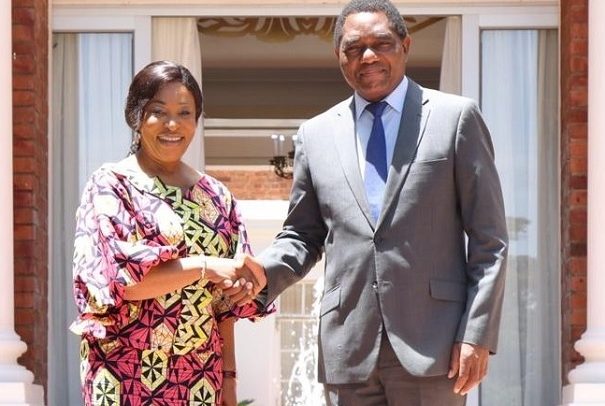
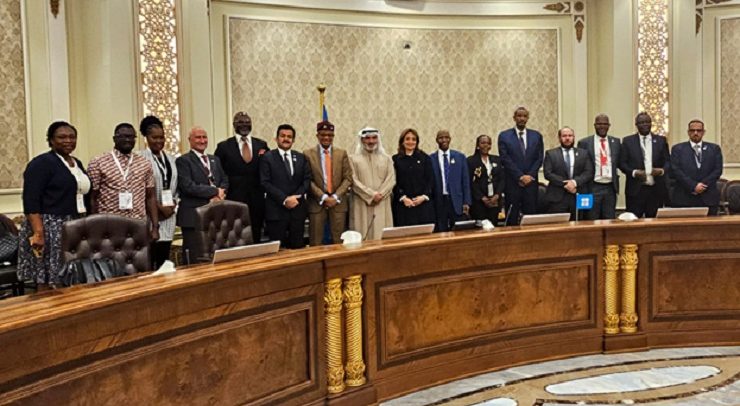


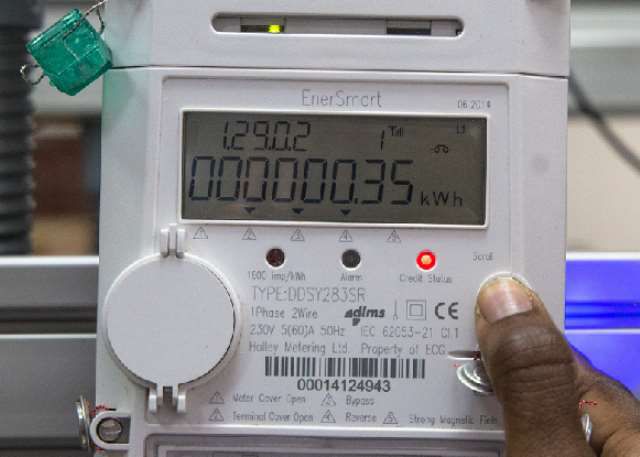

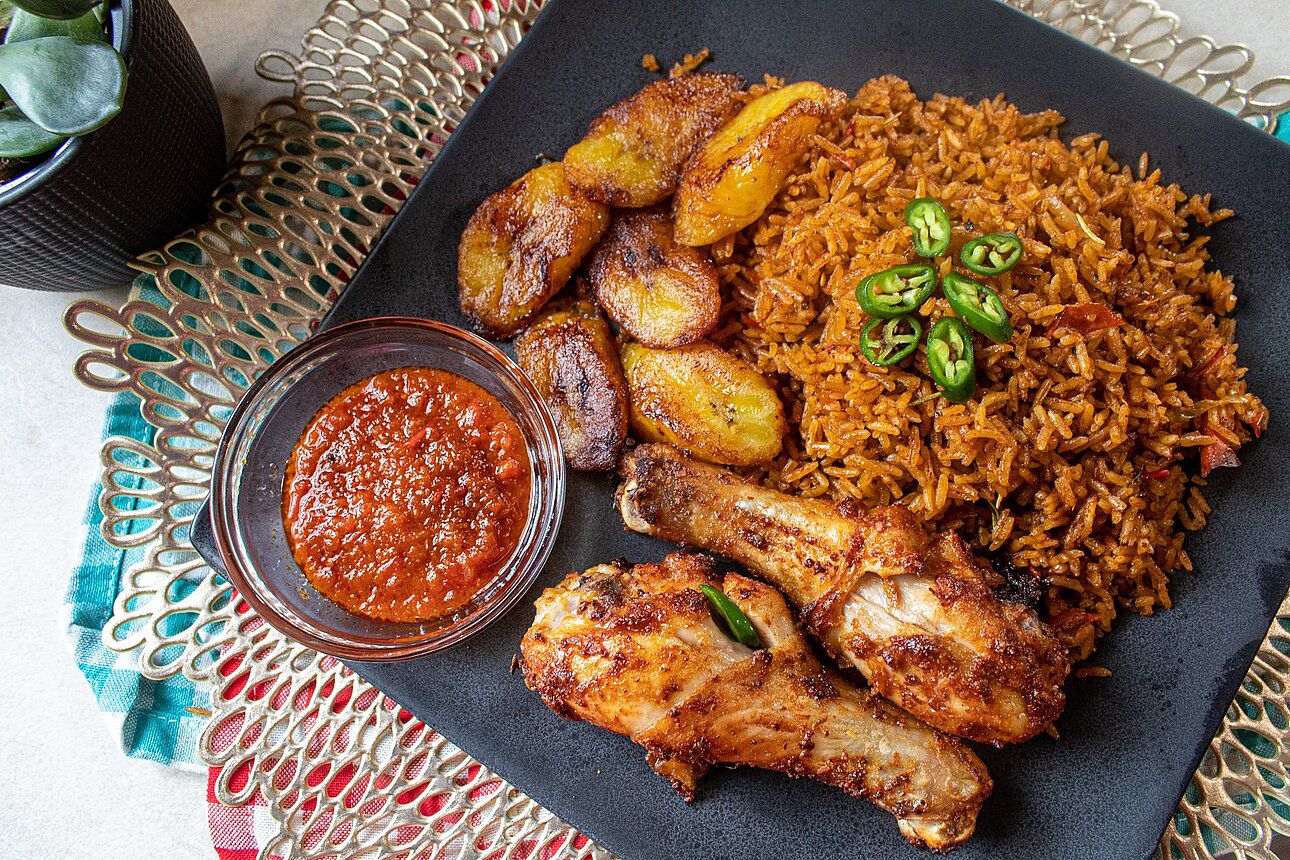






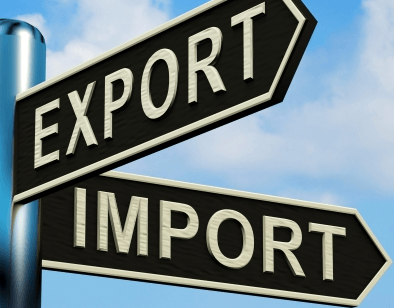


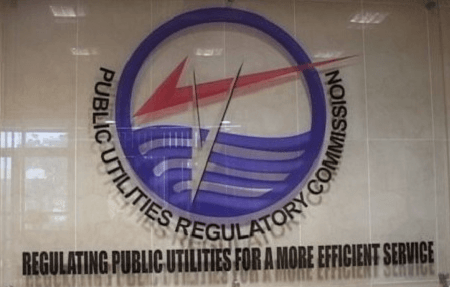
Facebook
Twitter
Pinterest
Instagram
Google+
YouTube
LinkedIn
RSS